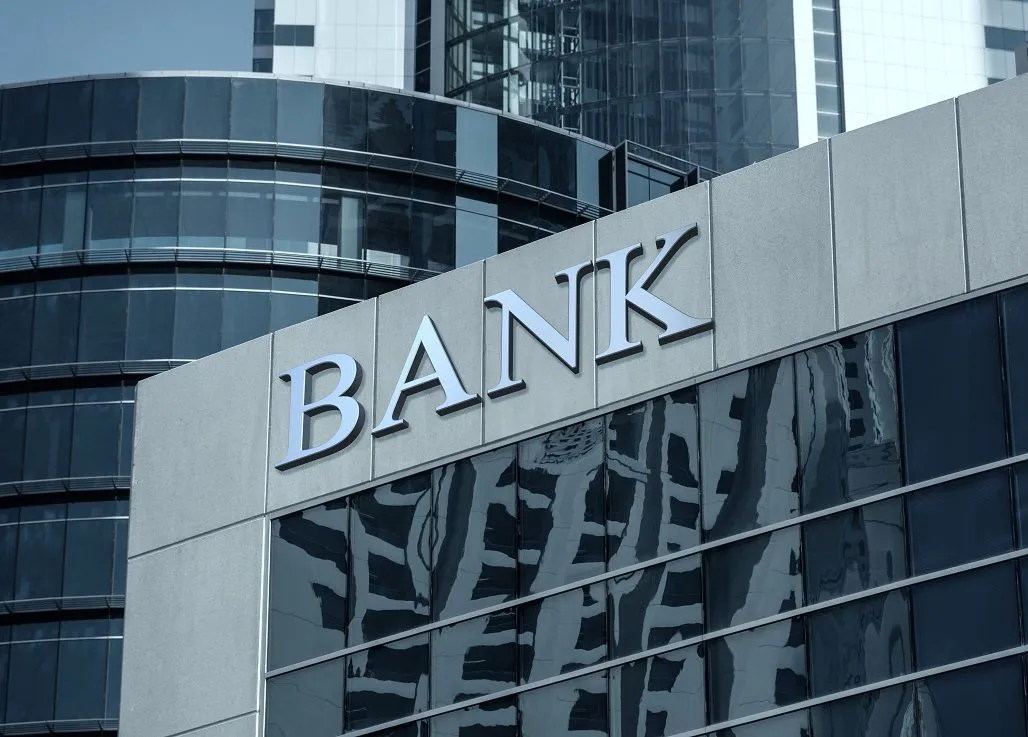This article was contributed to TechCabal by Emmanuel Mogaji, who is a Senior Lecturer at Greenwich Business School, London, UK. You can reach him at e.o.mogaji@greenwich.ac.uk
On Friday, September 16, news broke that Kuda Bank, one of Nigeria’s neo banks changing how banking services are delivered, had made a loss of ₦6 billion in 2021. Many were shocked by the news. No one expects a bank to be making such a massive loss in a country where commercial banks are raking in money yearly and declaring huge profits. Based on my research in financial services marketing in Nigeria and marketing bank services to vulnerable people, I believe three crucial points need to be addressed.
The first is: Is it possible to have a financially viable bank that does good and ensures customers’ well-being? Good and financial viability appear to be two ends of a spectrum: You are either expected to profit at the customer’s expense or focus more on the customers and less on making a profit. Kuda is considered to have made this massive loss because of its business operations. It was disrupting banking services by ensuring more people have access to financial services—isn’t that what we want from our banks?
On the opposite side of the spectrum are the traditional banks which are known to exploit customers with various charges, including transfer changes, fees for card maintenance, and even SMS. These traditional banks have made huge profits on the back of all these charges. With this Kuda news, many are asking the following questions: Can a scalable bank offer good, affordable services? Can we have a traditional bank reduce all their charges? Can we have a bank that will charge but “charge small”? Can such a bank disrupt and still remain commercially viable? “Free banking” may not work in Nigeria, but perhaps, if not free, it can be affordable.
Secondly, upon reflecting on the non-performing loans (NPLs) on Kuda’s record, I question Nigerians’ attitude towards bank credits and loans. Kuda is known for offering people overdrafts. While this is a huge benefit, many have asked if it’s worth it. This raises the question about the credit readiness of Nigeria, especially for vulnerable consumers who haven’t been exposed to this form of financial luxury. It’s not surprising that many people have abused the bank’s generosity.
In previous research, my co-author and I asked whether banks are tempting us into debt, looking at the advertising strategies banks use to make loans easily accessible. While our study is contextualised in the UK with a more regulated financial services and advertising industry, the question applies to banks in Nigeria. It is easy for people to fall into banks’ temptations without critically evaluating their ability to service their loans. In Nigeria, when customers are not able to pay back their loans or overdrafts, what is the worst that could happen to them, beyond scary text-message warnings? In countries like the UK, there are implications for defaulting, where there are credit agencies and people jealously guarding their credit ratings. This Kuda news highlights the increasing necessity for the financial services sector in Nigeria to address this and find ways to manage loan risk effectively.
The third point to address is the bank’s advertising and marketing strategies. Using all available media space, how do you effectively market a neo bank? Are celebrity endorsements, for example, wise? TechCabal reported that by the first quarter of 2021, Kuda had spent over $1 million on marketing. Spending such a huge amount could have brought the bank the much-needed awareness, but ultimately products are what sets a company apart in a competitive market. People have recognised Kuda bank for its bank offering, and scaling back on its marketing strategies may not hurt. Word of mouth is powerful, especially in Nigeria, where many see banks as exploitative. As the saying goes that “In the land of the blind, the one-eyed man is king”. Likewise, someone offering a reduced charge would do well in the land of high bank charges.
We need to acknowledge the value of this information about their loss, because, without the news, we won’t be having this conversation. While we may agree it’s a regulatory requirement, this is an opportunity for other startups to reflect on their business operations – what can we do to reduce this loss on our balance sheet? For Kuda, it is no gain in saying that they would have effectively managed the risk from this moment when the public has come to know about their loss. While the press coverage can be embarrassing, it’s an awakening call and the coming years must be better as the whole world is watching to see how they will pull this off.
Kuda is doing what many banks are refusing to do. Though it might appear people are taking advantage of and abusing their ‘free money’, I believe things are about to change for the industry. It’s a shame that many people may be negatively affected by the new strategic direction of the bank. The bank may increase bank charges, reduce overdraft offers and become more stringent with its accessibility to cash. Irrespective of the decision it will make following this incident, I see the bank taking responsibility for its actions, improving its business operation and growth strategy, and continuing to enhance its customers’ experience. There are important lessons to learn from this, especially for startups trying to disrupt a sector. For the banking services industry, are we expecting a new disruptor to the disruption?
On Friday, the 23rd of September, TechCabal in partnership with Moniepoint (by TeamApt) will host the most important players in tech and business on and off the continent to discuss the future of commerce in Africa. Register now to attend.



















